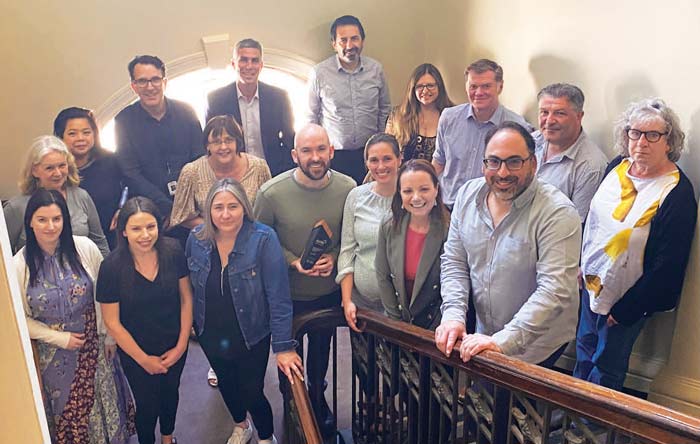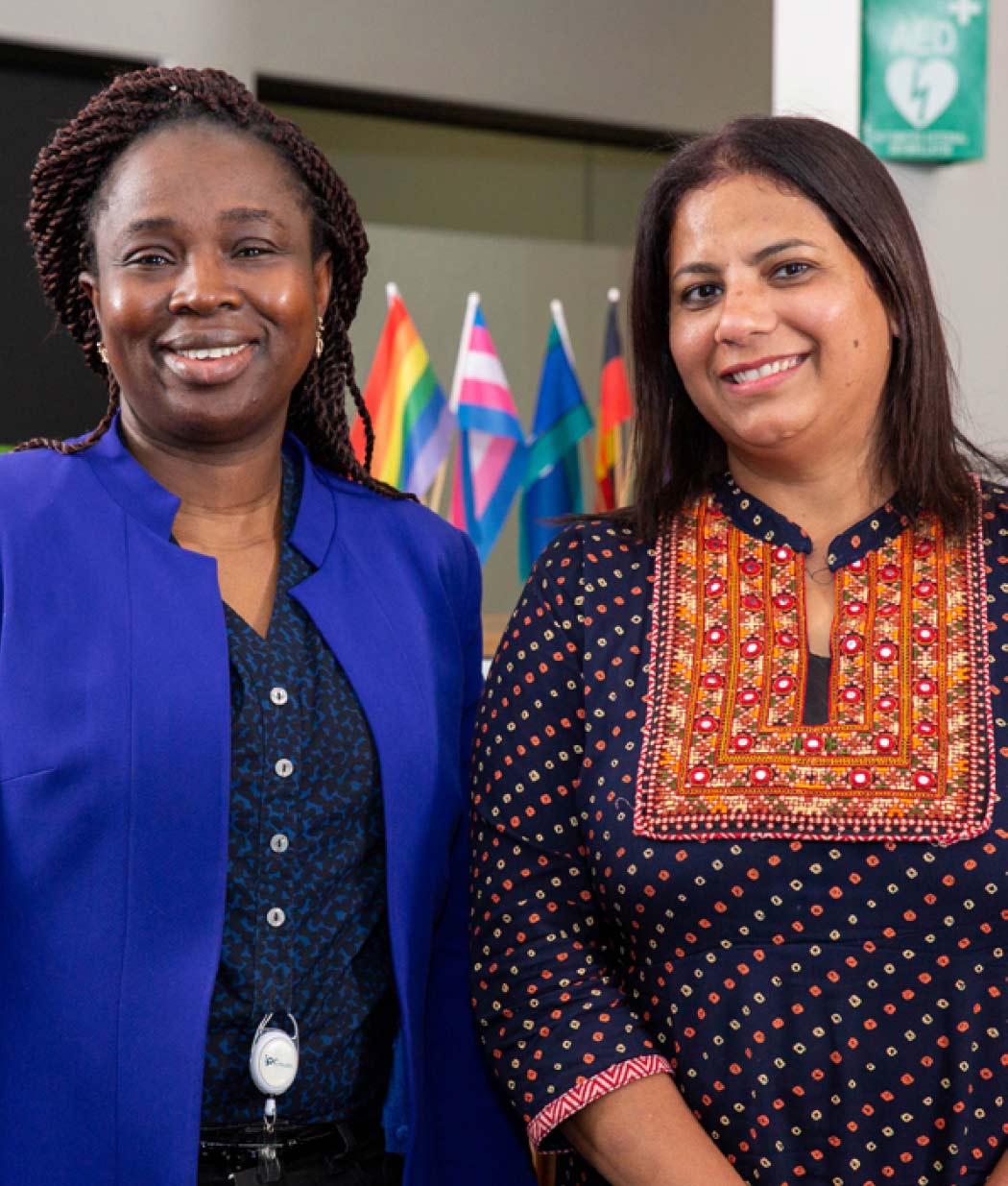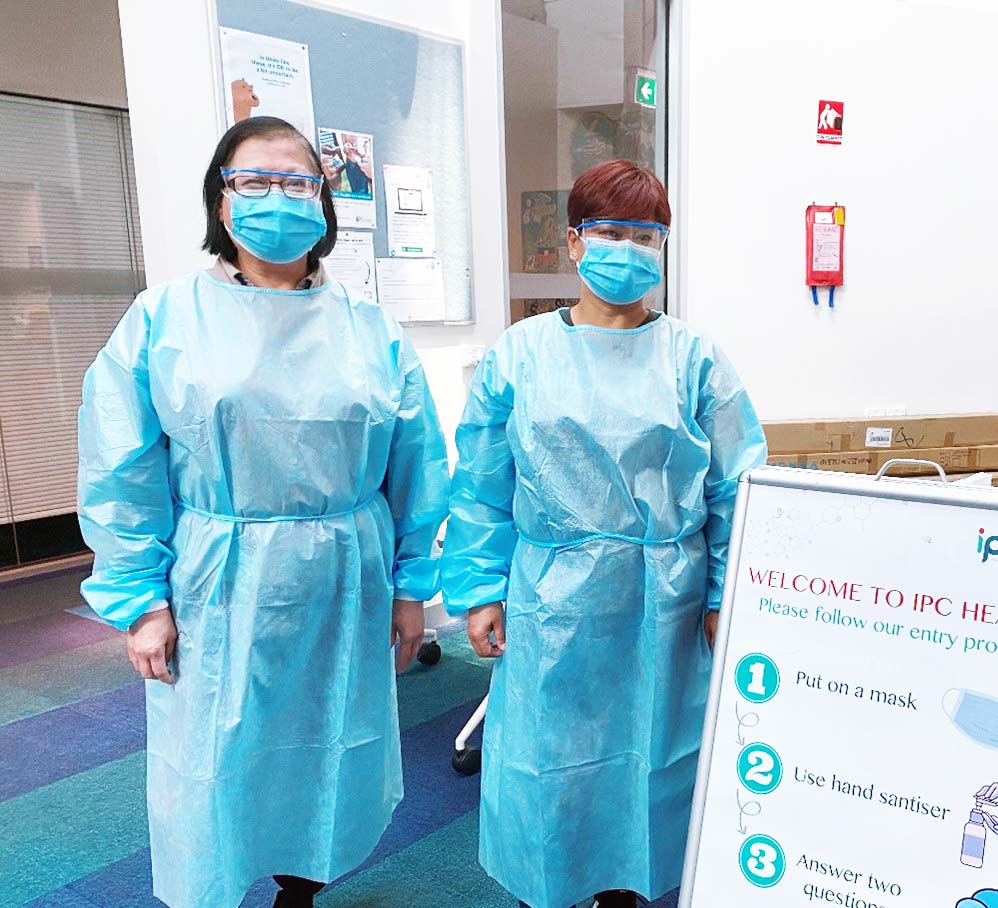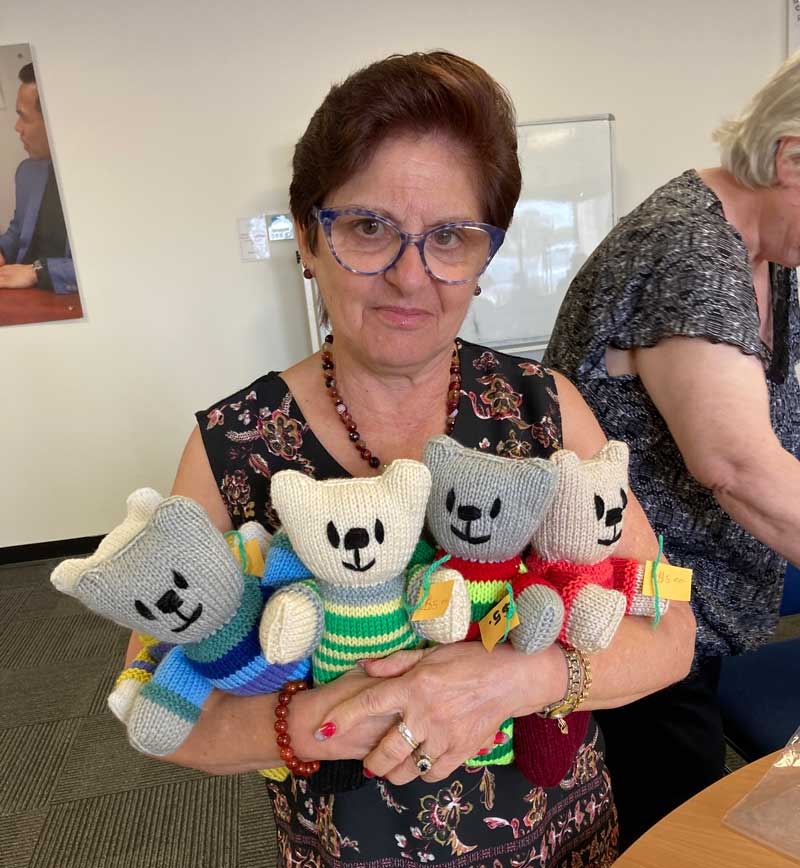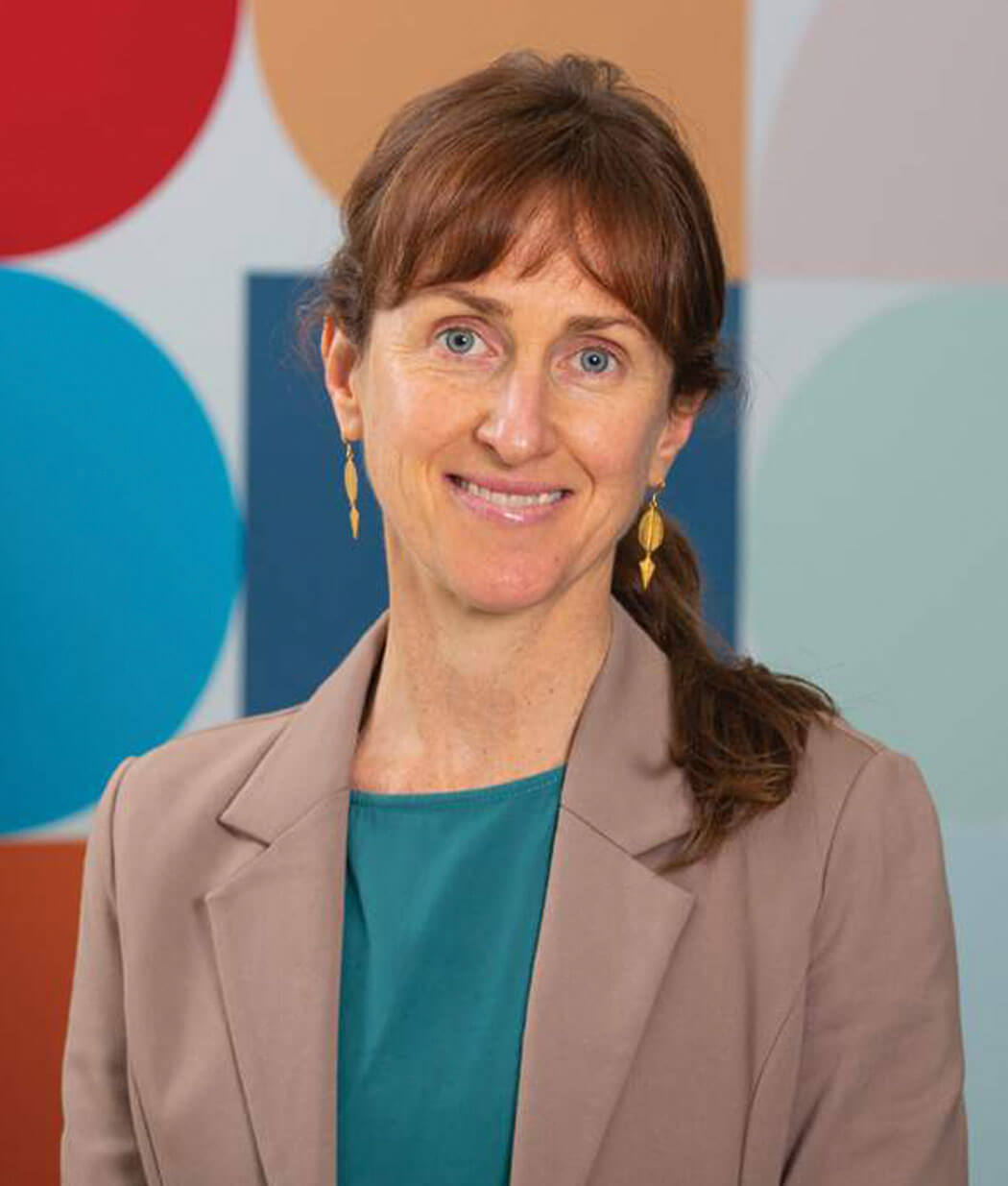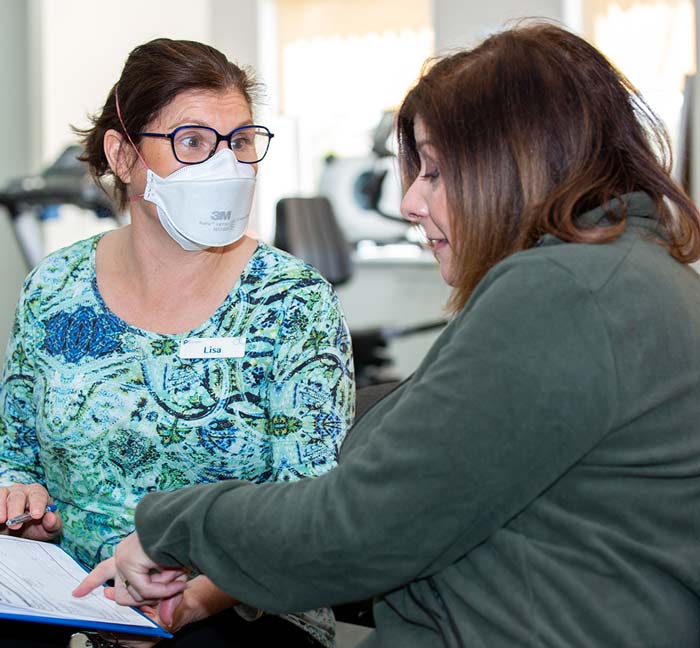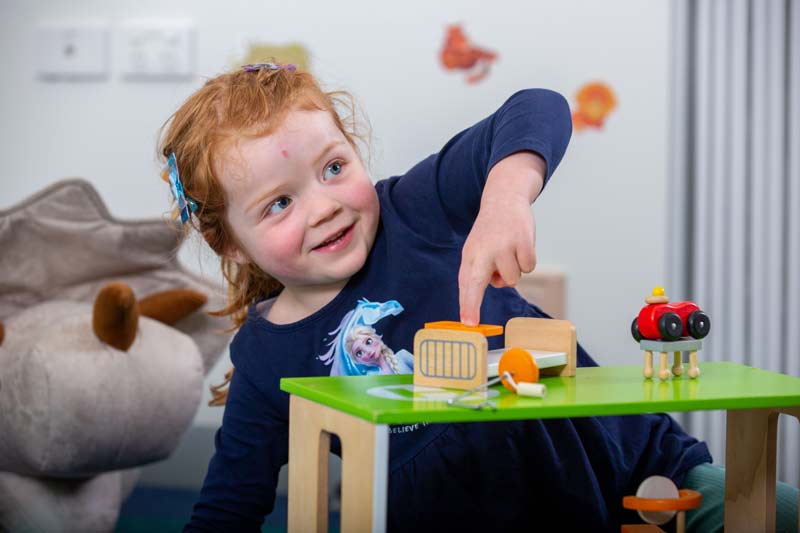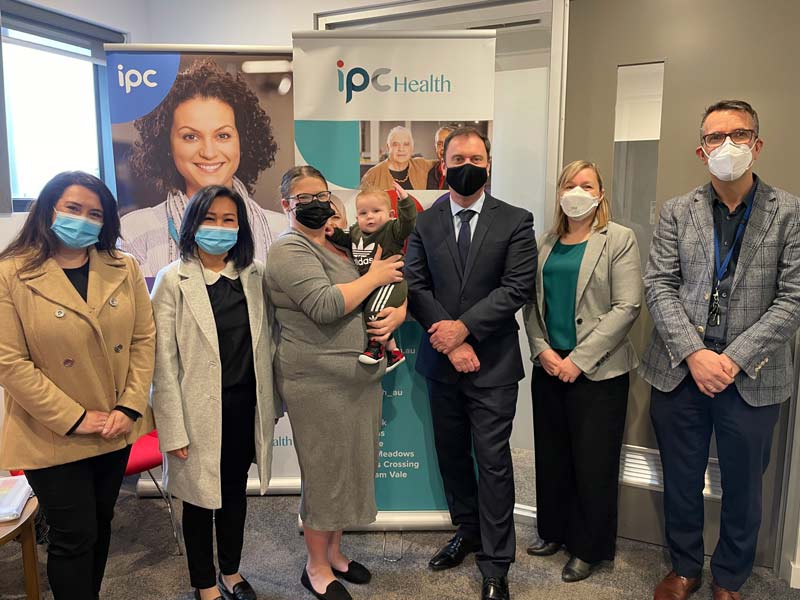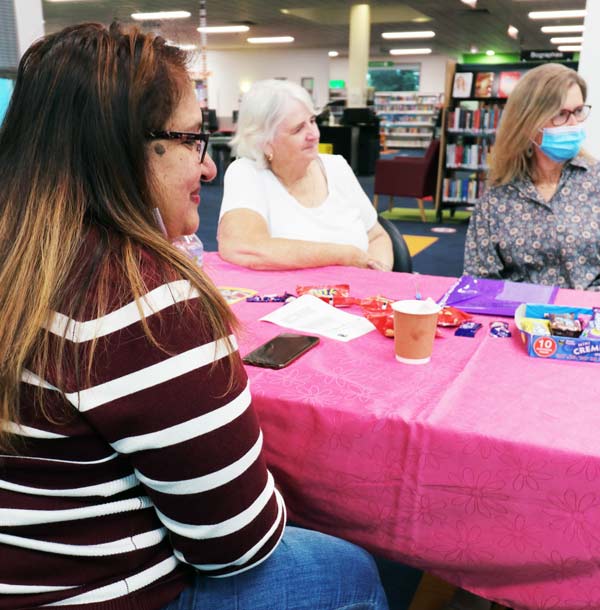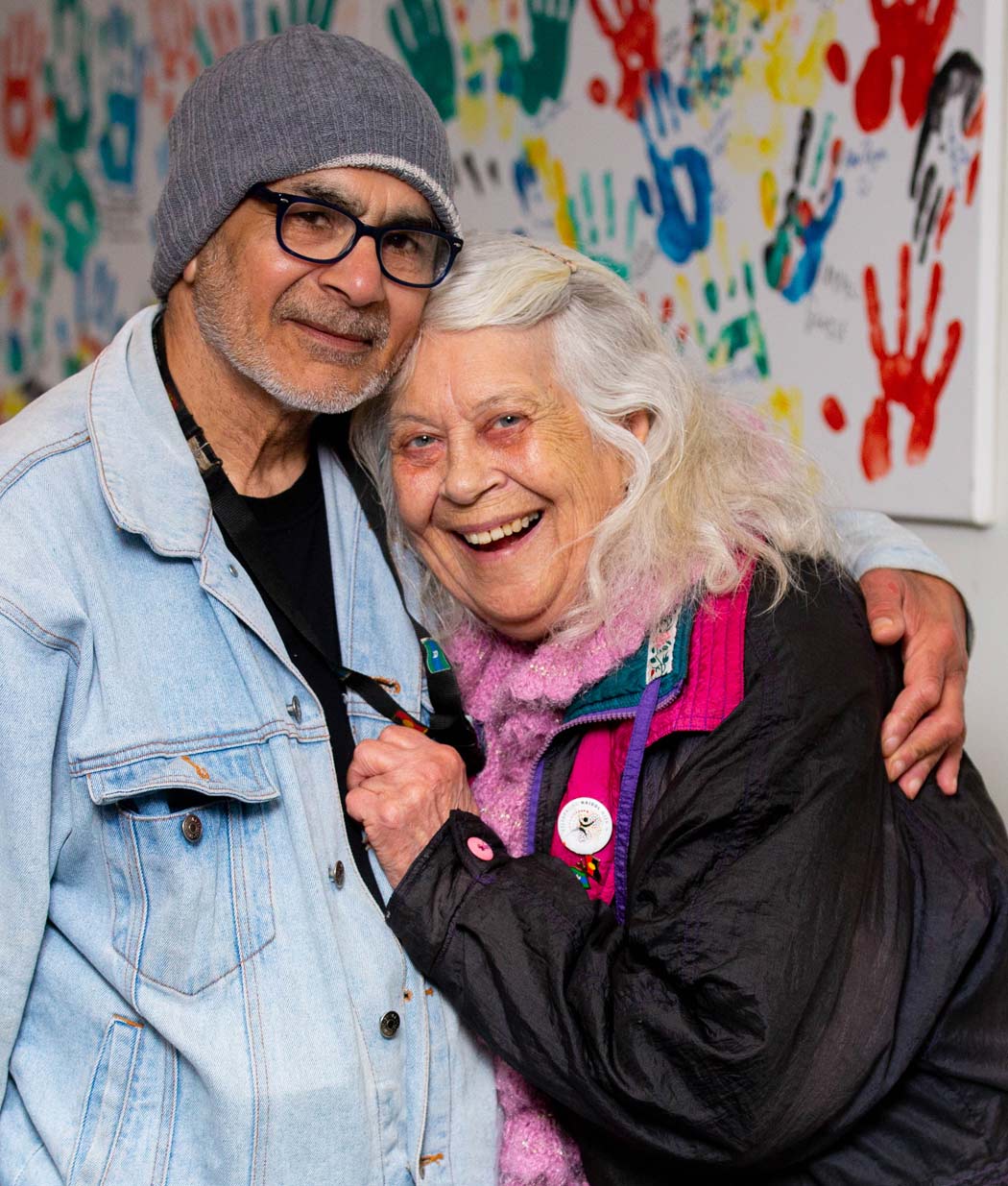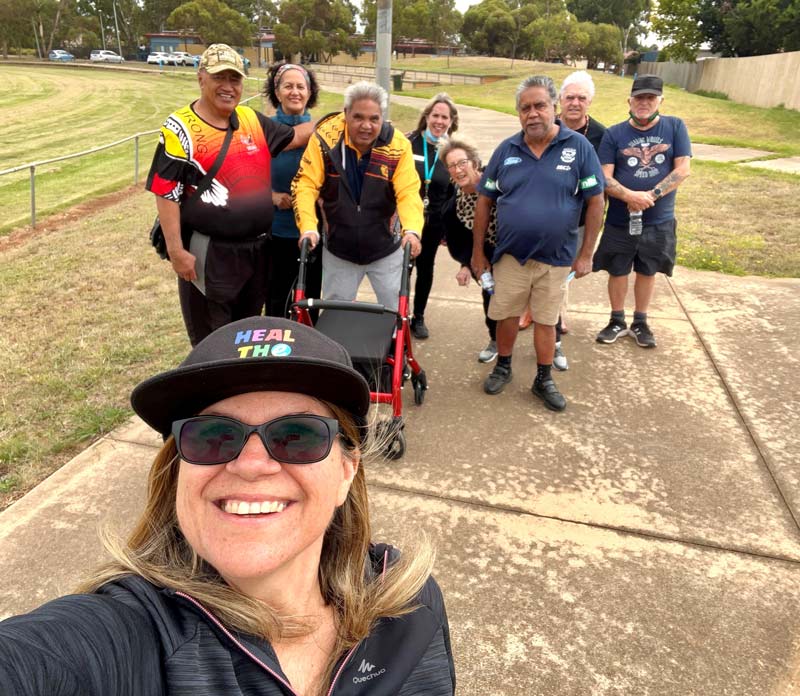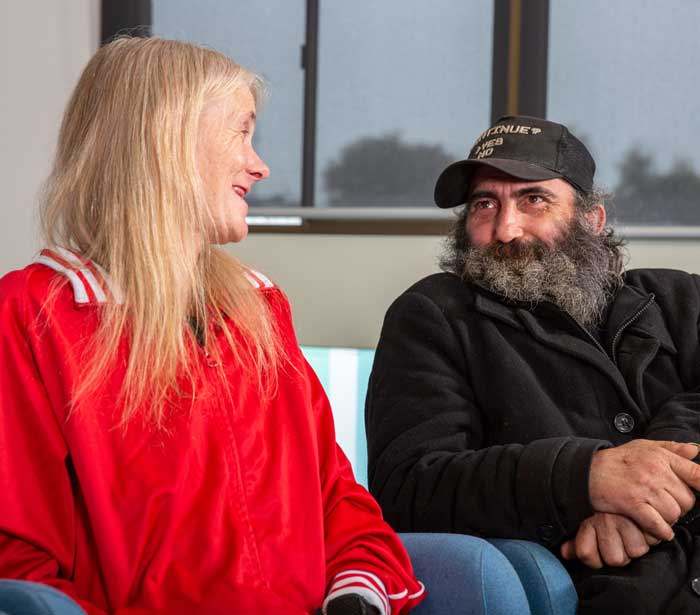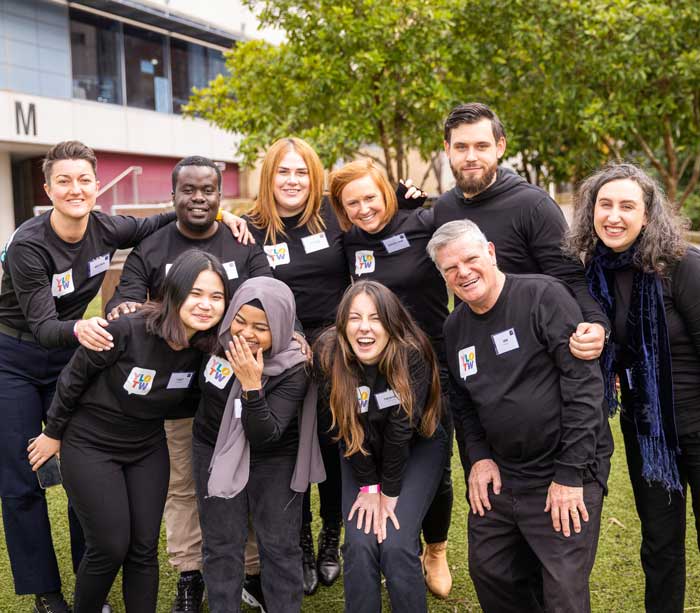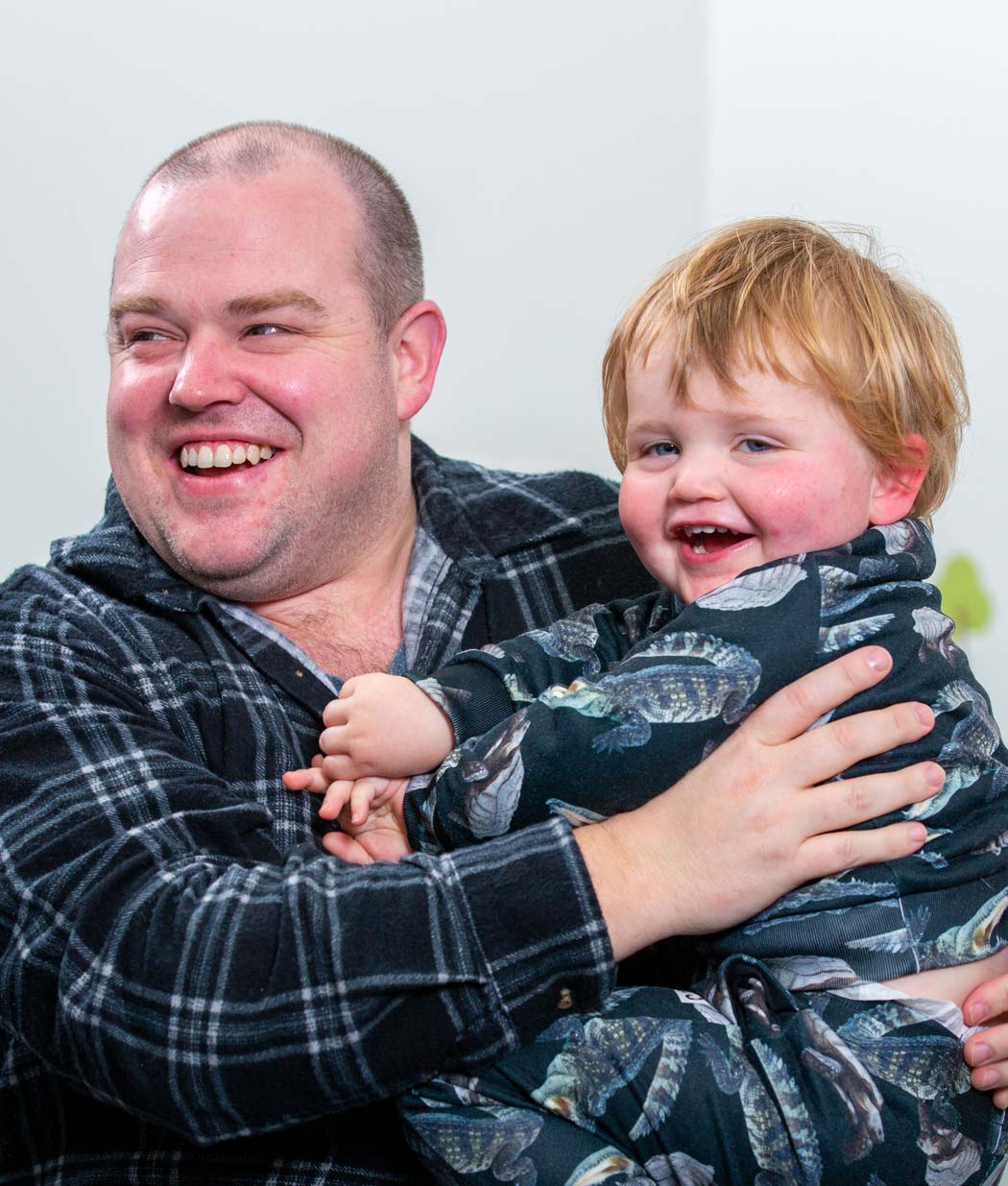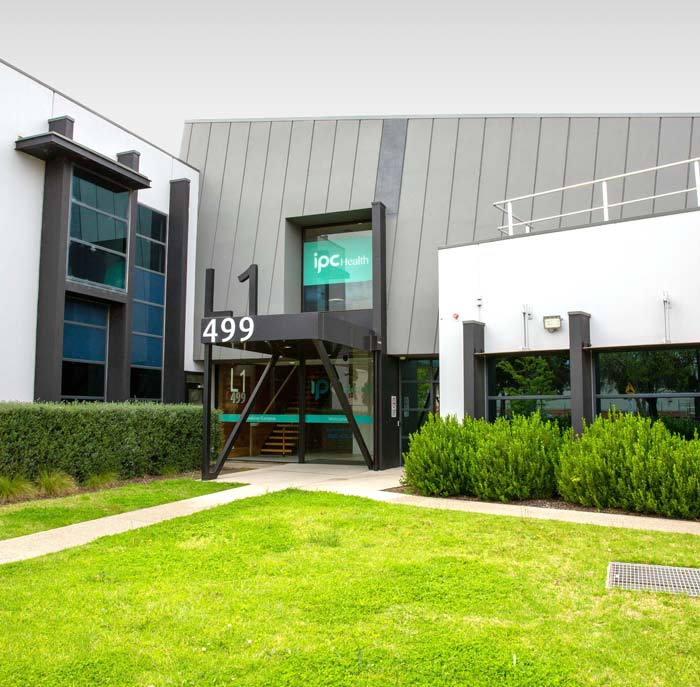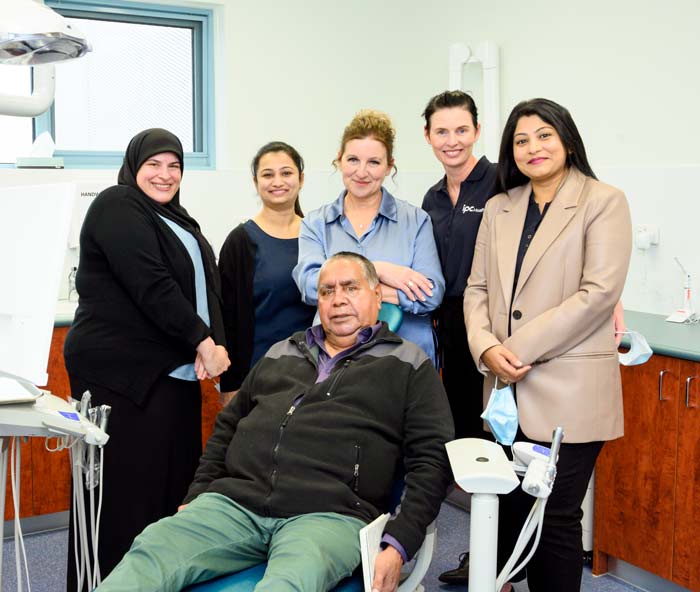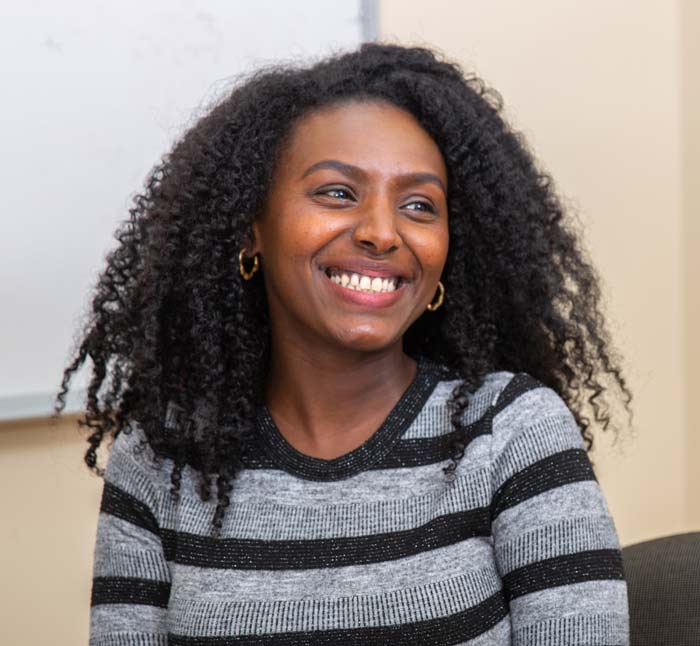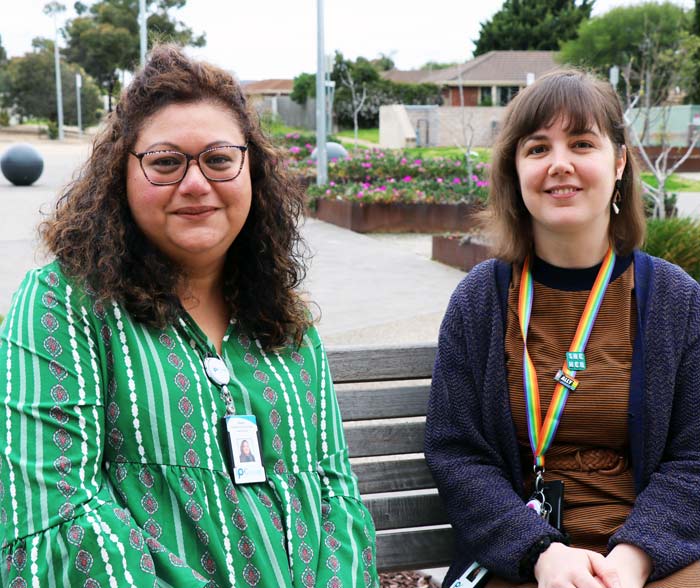For the year ended 30 June 2022, IPC Health delivered a net result of $7.569 million compared to $5.178 million in 2021, an increase of 46%. This result reflects our continued response to the COVID-19 pandemic including our testing and vaccination clinics, outreach services, our bicultural workforce engagement activities, our homelessness and at risk of homelessness program, and our increased mental health services.
Our Surplus for Purpose strategy continues with re-investment into the organisation and local communities. The surplus underpinned the organsation’s highlights for the year including the opening of our new purpose built community health space, now IPC Health Sunshine, and the establishment of our long-awaited dental wing at the IPC Health GP Super Clinic in Wyndham Vale with eight new dental chairs and supporting equipment.
IPC Health continues to build on our strong reputation. Our COVID Response as Lead Agency and the resulting external evaluation by La Trobe University has proven IPC Health is known as an innovative organisation, providing quality health care to those most in need and a reliable partner that works collaboratively to achieve positive outcomes with impact.
IPC Health conducted more than 460,000 COVID-19 tests and delivered more than 100,000 COVID-19 vaccines throughout metro and regional Victoria since the commencement of the pandemic through fixed hubs, pop up clinics, outreach activities, and in home visits. Most importantly, over 48.3% of people vaccinated by the C-19 Network were born outside of Australia, demonstrating the ability of the C-19 Network to effectively reach out to diverse community groups, engage and deliver much needed services.
The 2021–2022 financial year has seen us emerge from the COVID-19 pandemic and move our focus to IPC Health’s ongoing commitment to providing innovative, personalised and holistic health care. We have strengthened our partnerships this year, working closely with Commonwealth, State and Local Governments, North Western Melbourne Primary Health Network, Western Health, Murdoch Children’s Research Institute, Royal Children’s Hospital, Movember, Amaze, Victorian Legal Aid, West Justice, Parenting Research Centre, University of Melbourne, La Trobe University, Charles Sturt University, other community health partners and many more organisations.
IPC Health has ambitious plans to establish more innovative, multidisciplinary services and expand across the western region of Melbourne. Our new service model has come to life in the newly established Child and Family Hub in Wyndham, the Head to Health Mental Health Service Hubs in Wyndham and Melton and the Early Help Family Clinic at Timbertop Children’s Community Centre in Aintree, Melton.
In partnership with Western Health and the Royal Children’s Hospital, IPC Health was successful in securing the contract to lead the Brimbank Melton Infant Child and Family Health and Wellbeing Hub with a soft launch scheduled for mid-November 2022 and an aim to be fully operational by June 2023.
In partnership with Amaze, a peak body for autistic people in Victoria, IPC Health has researched and tested a multidisciplinary Autism Assessment Clinic, enabling children with autism and their families to access early assessment.
The Transgender, Gender Diverse & Non-Binary Wellness Service pilot project is working closely with the local community to understand how we could better support them and provide much needed services closer to home.
IPC Health has a culture centred around creativity, passion and making a difference. We are constantly finding new and better ways of working and providing valuable care; that is, we are living our values. Results from the People Matter survey show 99% our staff who responded feel they can make a valuable contribution at work; 97% said they are achieving something important through their work and are using their skills and knowledge; and 52% of staff said they planned to stay with the organisation for more than five years.
We continue to listen to valuable staff feedback and invest in areas focusing on enablement and empowerment. The successful delivery of the Modern Workplace project which delivered new technologies and flexible working practices, at $2.5 million, was the largest investment that IPC Health has ever made for its staff and the organisation.
IPC Health won the national Human Resource Director Award for Innovation and Culture and IPC Health has been recognised in the top 30 organisations in Australia and made the Human Resources Director (HRD) Innovative HR Teams list for 2021. IPC Health now has pride of place amongst other winning organisations including the Royal Australian Navy; Coles; oOH!media; Deloitte; James Hardie, Transport NSW, and the Department of Foreign Affairs and Trade.
Sadly, our former Board Member Rennis Witham, who retired from the IPC Health Board in July 2021 after more than five years of service, passed away in October 2021. Other changes in our Board included the appointments of Chris Arnold AM and Riwka Hagen as Board Directors in May 2022.
We greatly value all our staff and volunteers who have done an excellent job in continued challenging circumstances. We thank them for their hard work, commitment and support during these exceptional times.
We would also like to thank our Board Directors, clients, partners and funders for their ongoing support. It has been another incredible year and we look forward to continuing our work as One Team IPC Health.
